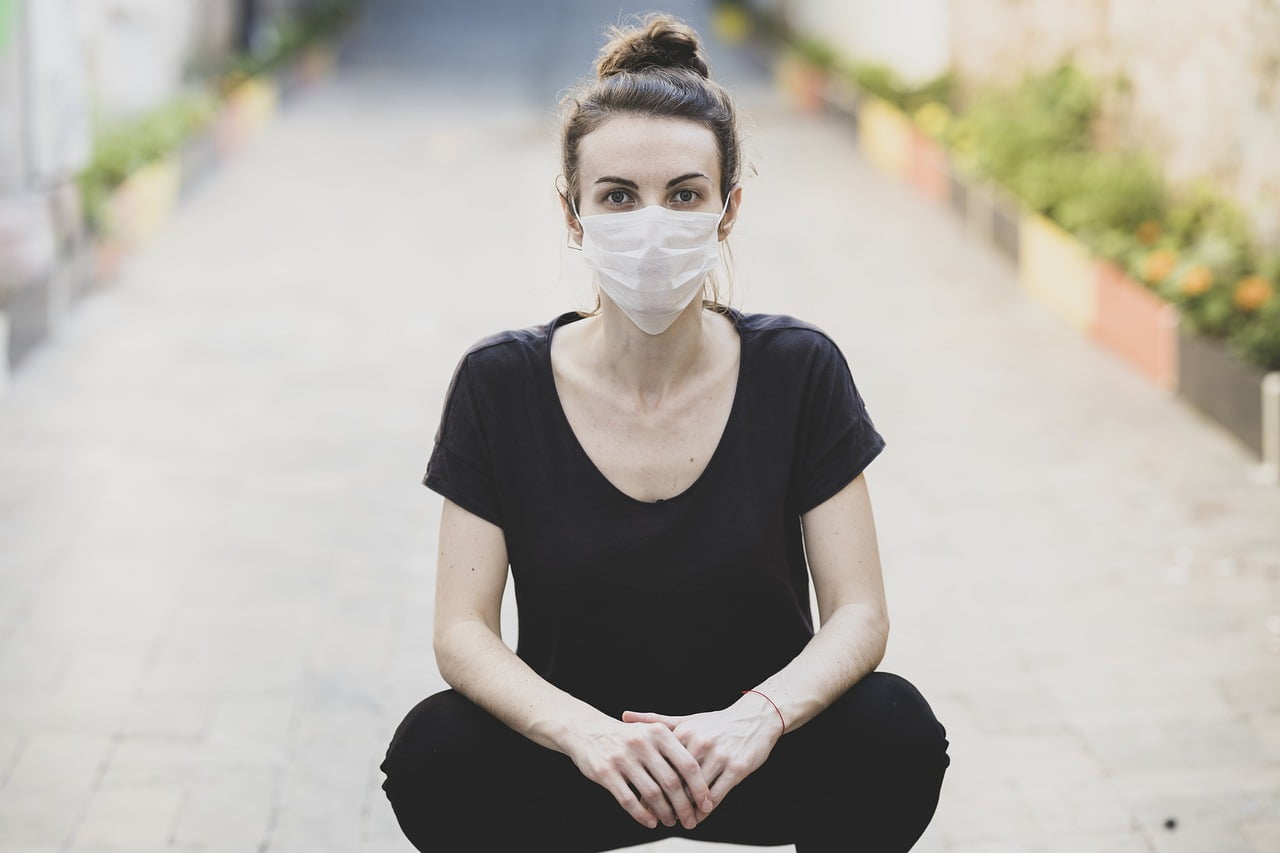Federal Appeals Court Upholds Vaccine Mandates; Validates Most Effective Weapon Against Disinformation Campaigns
Q2 2021 hedge fund letters, conferences and more
The 7th Circuit U.S. Court Of Appeals Upholds Vaccine Mandates
WASHINGTON, D.C. (August 3, 2021) - Citing binding Supreme Court precedent on the issue, the 7th Circuit U.S. Court of Appeals - following several previous decisions and a ruling by the Justice Department - upheld a vaccine mandate at Indiana University.
This further validates and encourages the use of such vaccine mandates as probably the most effective weapon against COVID disinformation campaigns, a lesson learned from his successful battle with much more effective disinformation campaigns by the tobacco industry, says public interest law professor John Banzhaf, otherwise known as "Mr. Antismoking."
In the court's words, "Given Jacobson v. Massachusetts, 197 U.S. 11 (1905), which holds that a state may require ALL MEMBERS OF THE PUBLIC to be vaccinated against smallpox, there can't be a constitutional problem with vaccination against SARS-CoV-2." The emphasized language makes it clear that vaccinations can be required of all persons, not just students at a university, suggests Banzhaf.
Previously, the Justice Department had determined that federal law doesn't prohibit COVID-19 vaccine requirements. Moreover, a federal judge sided with a Houston hospital when employees sued to block its COVID-19 vaccine requirement. Also, a federal court had earlier rejected a request by students that it block Indiana University's vaccine requirement.
Here's why lessons learned from the war on smoking strongly suggest that employer requirements are the best and most effective way to fight disinformation campaigns.
For dozens of years, the tobacco industry's truly colossal, well coordinated, and massively funded disinformation campaigns - carried out with full page ads, mass mailings, ubiquitous billboards, the bribing of scientists, doctors, and other thought leaders, buying off major organizations, and other tactics later proven to be illegal - easily undercut, overwhelmed, and emasculated the combined antismoking warnings and persuasion campaigns of governments and large public health organizations.
COVID Disinformation Campaigns Should Be Easier To Overcome
Compared to that, today's COVID disinformation campaigns - apparently largely carried out by individuals with virtually no funding or coordination - is far less robust, and should be even easier to overcome using similar tactics.
The first breakthrough in overcoming the tobacco industry's campaigns occurred when Professor Banzhaf was able to persuade governments and many private companies to ban smoking in their workplaces, including offices.
Although this only made it somewhat inconvenient and annoying to refuse to quit - e.g., by forcing smokers to refrain from smoking for lengthy periods of time, use up their break time just to satisfy their craving, stand outside in inclement weather to smoke, etc. - it nevertheless was very effective in motivating many smokers to quit despite the misleading information they had received, and even despite their addiction to nicotine. In short, inconvenience trumped disinformation.
So it seems clear that a similar move - one likewise designed primarily to protect the innocent - by requiring masking and frequent testing from those who remain unvaccinated, will likewise help persuade many to finally get vaccinated, simply to avoid the inconvenience and annoyance, and despite the disinformation campaign. After all, it's much easier to get vaccinated than to break an addiction to nicotine and quit smoking.
But the most effective means of getting people to quit smoking came when many companies and governmental bodies - armed with legal victories making it legal to do so - began insisting that their employees be nonsmokers. Despite initial strong resistance, as a result of disinformation campaigns or otherwise, most if not virtually all workers at such companies finally had to quit, says Banzhaf, who helped achieve rulings which made such policies legal.
So persuading even more companies to require their workers to be vaccinated, or at least to require unvaccinated workers to wear masks and submit to frequent testing, is a much more effective strategy than trying to refine the governments guidelines. As the professor put it, simply tweaking the COVID message would likely be no more effective in saving lives than adjusting the signs on the sinking Titanic.
The Advisability Of Booster Shots
Professor Banzhaf is also being widely quoted on a related matter - the advisability of booster shots and the government's announced stand on the issue. The following is how YAHOO.COM just reported it.
John Banzhaf, a professor of public interest law at George Washington University Law School, compared the process to the early pandemic months when “statements made around the beginning of the pandemic were not truthful and that the misrepresentations were made deliberately to achieve an ulterior purpose.”
“Even once it was clearly established that COVID was primarily transferred via airborne particles and not surface contact, spokesmen nevertheless told the public that masks did not offer any significant protection,” Banzhaf told the Washington Examiner. “This was clearly incorrect — even ludicrous — to anyone who knows anything about airborne diseases.”
With N95 respirators in short supply, the claim aimed to discourage people from scooping up protective masks.
“In other words, to achieve the worthy goal of helping to ensure that medical personnel, first responders [and others] would not suffer an unnecessary shortage of masks, the public was discouraged, by a deliberate falsehood, from doing what would be in their own individual best self-interest,” Banzhaf said. “Something like that may be occurring here.”
Banzhaf said that with some people refusing the vaccine because they don’t think it is effective, “Telling the public that boosters are (or are very likely to be) required would likely strengthen that mindset, and further discourage holdouts from now getting vaccinated.”





